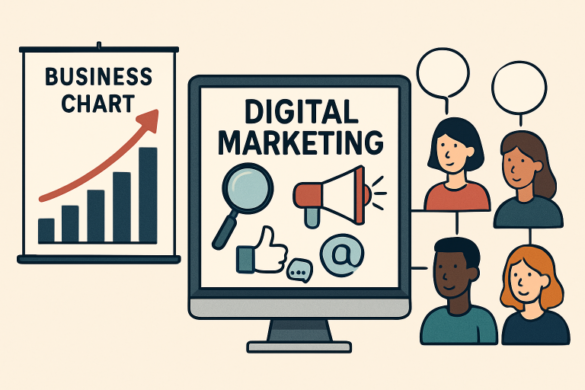
Every company in the business world strives to grow and become more successful, and they work hard to have the means to carry on. Whether your business is big or small, an established company or a startup, the main objective is the same: finding proper funding for it. One of the methods available are personal loans, so in this article, we’ve gathered some information pertaining to the financing method of applying for these types of loans.
What Are Personal Loans?
These loans are money borrowed from certain lenders, credit unions, or banks. You agree on terms that suit your capability and needs, paying back the money you owe them in monthly installments. Depending on how much money you borrowed, paying them back might take two to five years. You get a fixed amount of money and you submit the monthly payments at an agreed-upon fixed rate. A personal loan is in your name and not the name of your company; it’s one of the aspects that differentiate it from other business loans.
What’s So Special About Them?
Personal loans are very flexible and they make things easier for people and businesses. They give people low interest rates, which is great in so many ways. Also, they’re great for people and companies that have a low credit score, so getting a personal loan for bad credit means you will get the money you want and start rebuilding your credit score, eventually improving it after your timely payments. Another good thing about these loans is faster processing time; other loans or business loans might take a few weeks to finalize, but this loan only takes a day to process. The advantages are very attractive for many company owners.
Can They Be Used for Funding Businesses?
In some cases, they could be used for business purposes, but for the most part, they’re designed for personal use only. Most banks and lenders won’t approve the loan if it’s for a business because the rules around it are much different than a normal business loan. But some unions and lenders agree to your terms and purpose; you just have to be honest and upfront about it during the negotiation phase. There are cases where lenders could order you to return the loan instantly if they found out you had misled them with your purpose. It’s understandable that when times are tough, getting rejected or declined for loans or funding methods elsewhere can force people to hide the reasons behind their loan application. But it’s always better to be safe and honest.
What Is Required to Qualify for Them?
Generally speaking, it’s much easier for people to get their loan application approved if they have a good credit score and history, and you need to fill out every required detail on your form when you apply directly to the lender or via their website. Remember to have all the necessary documentation that contains details of your finances and personal information. You shouldn’t worry too much if you have an unappealing or low credit score; there are types of personal loans that are designed exactly for that purpose, and they would cater to your needs and capabilities. The interest rate might be slightly more than a normal personal loan, but it’s the best you could do at the given time.
Collateral Concerns
This is a very important issue that you shouldn’t take lightly; the nature of these loans requires them to be attached to your name and not your company’s. So, if anything unfortunate should happen or if the business collapses, then you’re still personally liable to pay the rest of the loan regardless of the bad outcomes. You need to be prepared for the responsibility to carry on with the monthly payments even if your company doesn’t prove to be profitable. There are some cases where business owners were forced to close their doors and production had already stopped, but they still kept paying for the loan nonetheless.
Are They Good for Taxes?
This is a very beneficial advantage for people that get these loans approved for their business, as tax season would be a breeze for them. The monthly payments for your loan can be a tax-deductible expense, so you won’t have additional taxes on your business profits. But it’s imperative that you have enough of the right documentation to see through this smoothly; you must keep records of everything related to your transactions and expenses, and they have to be relevant to your business so you can benefit from the deductions.
Are They Worth It?
This is the question that’s on the minds of many company owners in the same predicament; it’s a matter of finding something that suits your financial situation and your company’s needs, and you have to ask yourself if this is the only alternative to your funding plan or not. Even though some lenders allow this to be carried out for business purposes, it shouldn’t be the only card you could play—although for some people, it really is. After trying everything you could, and getting rejected with other loans or methods, this can be your only feasible choice to get quick funds for your business.
You have to think about what’s good for your company at the end of the day, and you need the money to continue operating and launching new projects; your company’s lifespan depends on it. For the sake of your company’s success, you should take a personal loan to help your company grow, and all the money you owe can be earned back later when your company generates profits.
When every possible method of funding your business didn’t work, and a personal loan is the only way right now; then you should take it for the betterment of your company. Finding the perfect way to get funds can take time and effort, but if something like these loans is available, then you should take chances and go for it. The flexibility aspects of it are enough for you to take the risk.









